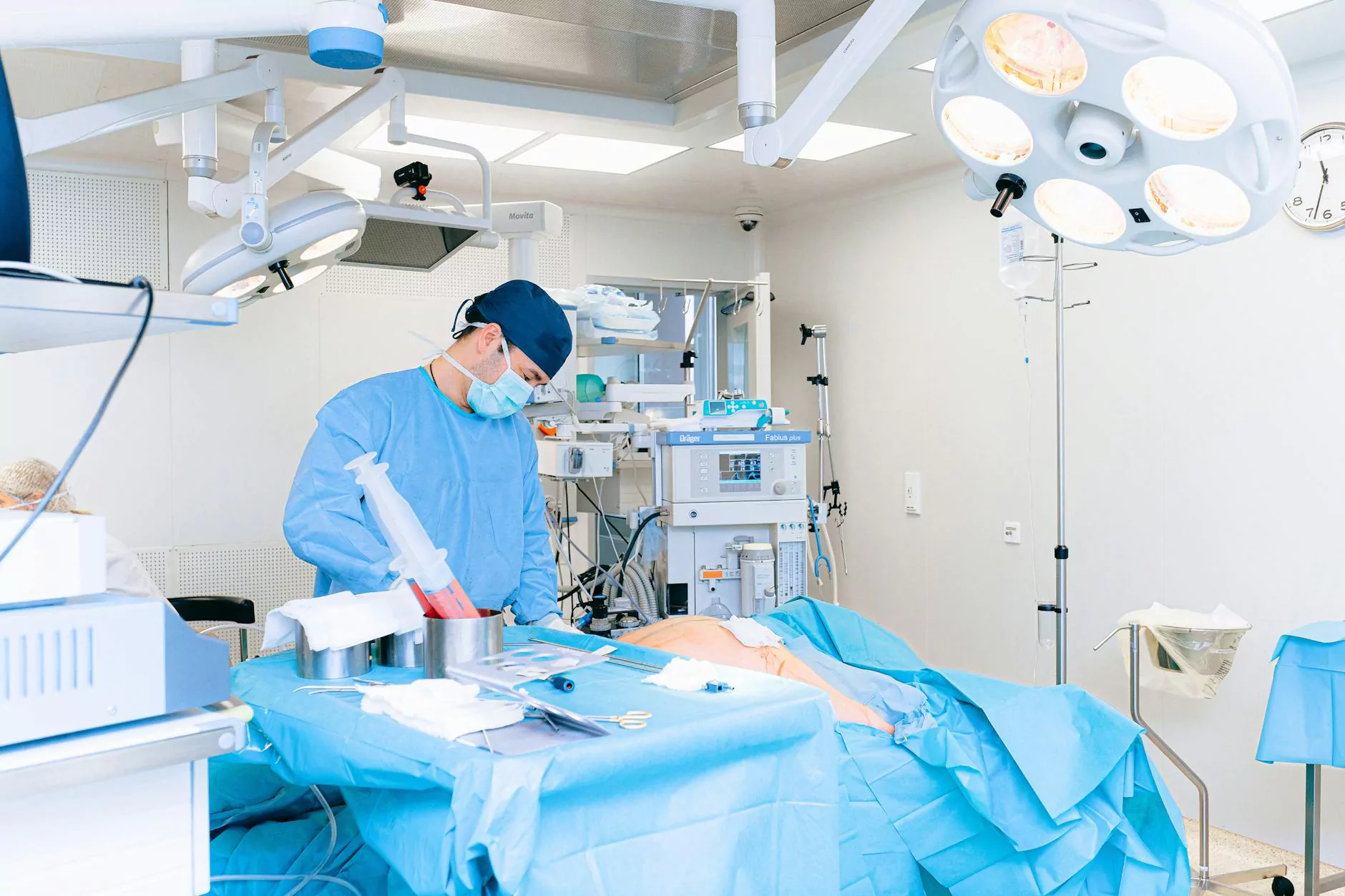Risks with Hysterectomy - Exploring the Potential Dangers

Introduction
A hysterectomy is a surgical procedure that involves the removal of the uterus, and sometimes other reproductive organs, such as the ovaries and fallopian tubes. It is a common procedure performed by skilled doctors within the field of obstetrics and gynecology. While hysterectomies can be beneficial in certain medical cases, it is crucial for patients to be aware of the potential risks associated with this procedure. In this comprehensive guide, we will delve into the various risks involved, helping you make an informed decision about your health.
The Importance of Understanding Risks
Before proceeding with any medical procedure, it is essential to have a thorough understanding of the associated risks. This knowledge empowers patients to engage in informed discussions with their doctors, enabling them to make the best decisions for their health and well-being. When it comes to hysterectomy, there are several potential risks that individuals should be aware of.
Risks Associated with Hysterectomy
1. Surgical Complications
Like any surgical procedure, hysterectomy carries the risk of surgical complications. These can include infections, bleeding, blood clots, damage to nearby organs, adverse reactions to anesthesia, and even complications related to wound healing. It is important to have a skilled and experienced doctor who follows proper surgical protocols to minimize these risks.
2. Hormonal Imbalances
Removal of the uterus may lead to hormonal imbalances. The uterus plays a role in the production and regulation of certain hormones, and its removal can disrupt the delicate hormonal balance of the body. This disruption can potentially cause symptoms such as hot flashes, mood swings, vaginal dryness, and decreased sexual desire. Discussing hormonal management options with your doctor before the surgery can help alleviate or manage these symptoms effectively.
3. Long-Term Health Effects
Some studies suggest that hysterectomy may increase the risk of certain long-term health issues, such as cardiovascular disease and osteoporosis. The removal of the uterus and ovaries can impact hormone levels, which in turn may affect overall health. It is crucial to discuss these potential long-term effects with your doctor to determine suitable preventative measures.
4. Psychological and Emotional Impact
Hysterectomy is a major surgical procedure that can have psychological and emotional implications for individuals. The removal of reproductive organs may affect body image, self-esteem, and even fertility desires. Prior to undergoing a hysterectomy, it is important to discuss these concerns with your doctor, as well as to consider seeking emotional support from therapists or support groups to help navigate any emotional challenges that may arise during the process.
Conclusion
It is crucial to have a comprehensive understanding of the risks associated with hysterectomy before making a decision. By consulting with skilled doctors who specialize in obstetrics and gynecology, you can address any concerns and ensure the best possible outcome for your health.
At DrSeckin.com, our team of highly qualified doctors in the field of obstetrics and gynecology is dedicated to providing personalized care, empowering patients with information, and guiding them toward the most suitable treatment options. We prioritize patient safety and strive to minimize the risks associated with all medical procedures.
risks with hysterectomy








